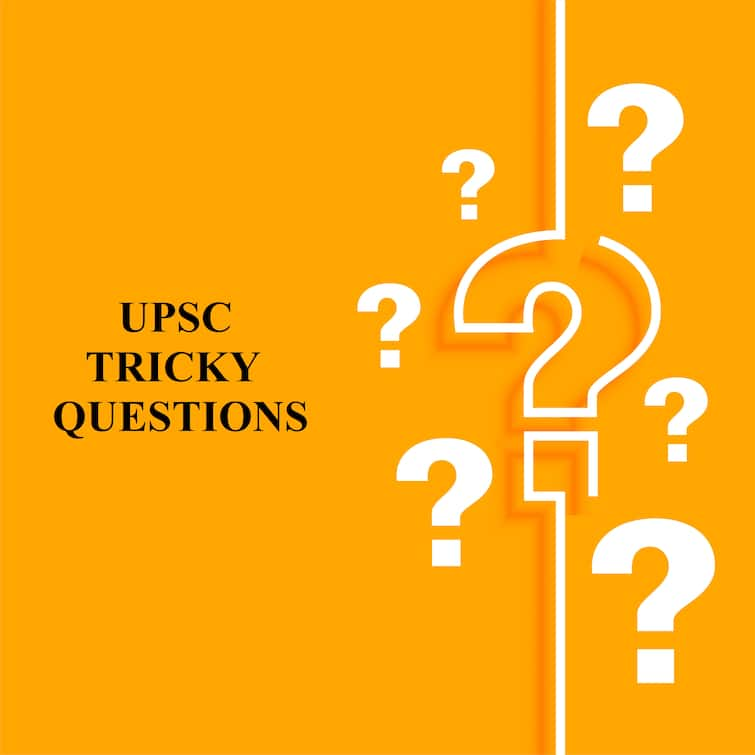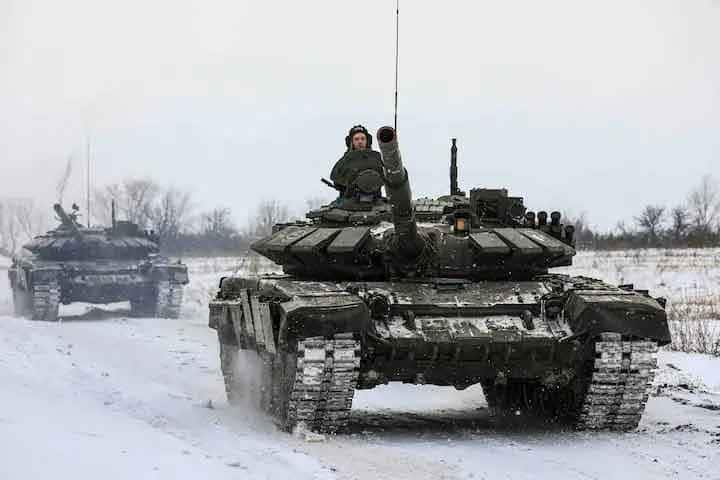Many candidates prepare for the UPSC exam for years. Despite this, it is not easy to clear all the three stages of the exam in the very first attempt. If you want to give an IAS level interview then your preparation should also be of the same level (IAS Interview). Keep this in your mind at all times that the experts sitting in the interview panel can ask any type of question to test your reasoning ability (UPSC Interview).
It is often seen in UPSC interviews where the question of the interviewer is easy but the candidates make mistakes in answering. Here are some similar questions that can be asked in UPSC interview. From which you can get an idea about what kind of questions can be asked in the interview.
Question. Which planet has the most moons?
Answer: The planet with the largest number of moons in the solar system is Jupiter i.e. Jupiter. A total of 63 moons were discovered in this planet in 2009. More moons can be discovered in the future.
Question: What is something that has no shadow?
Answer: Road.
Question: What is that form of a woman that her husband can never see?
Answer: Widow
Question: A child is coming down from the lift but is not able to go up, why?
Answer: Because the height of the child is less, so he will be able to press the button of ground floor or zero only. That’s why it is going down, it is not able to come up.
Question: Why is the seat number 420 not given to any member of the Lok Sabha?
Answer: Section 420 of IPC is related to fraud. Therefore, this seat is not given to any member. The same rule applies in other departments as well.
Question: How many times a person takes breath in 24 hours.
Answer: 17 to 30 thousand times
National Science Day is celebrated to spread scientific temper
Education Loan Information:
Calculate Education Loan EMI
Be the first to read breaking news in Hindi aajsamacharindia.com| Today’s latest news, live news updates, read most reliable Hindi news website aajsamacharindia.com|
Like us on Facebook or follow us on Twitter for breaking news and live news updates.



